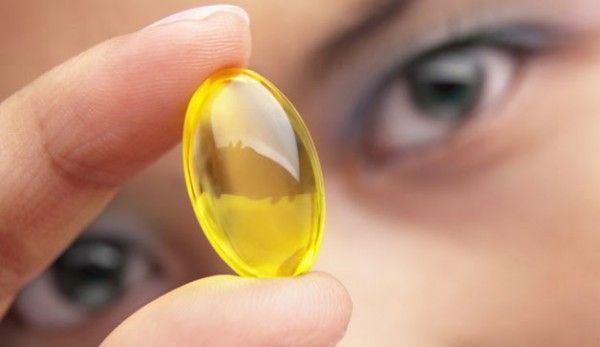
Biotin, or vitamin H, is a nutrient that's a great ally in maintaining your good health and helping you achieve great hair and healthy skin. What else can it do for you? Read on to find out...
Vitamin H, also known as biotin, is an essential vitamin for our body. It's part of the B vitamin group, eight vitamins that help the body metabolize fats, carbohydrates (sugars), and proteins to produce energy and for the proper functioning of the nervous system, among other activities. Biotin, for its part, is necessary to nourish and maintain healthy hair, nails, and skin.
The word biotin comes from the Greek word "bios," meaning "life," given the importance of this nutrient for our body's proper functioning. Without biotin, some enzymes don't function properly and can trigger problems in the skin, gut, hair, and even the nervous system.
It's a water-soluble vitamin, so the body doesn't store it. It's absorbed by the intestine, so a balanced diet containing foods rich in this vitamin is the best way to provide this nutrient to the body. This is an important substance during pregnancy for the normal growth of the embryo.
It is rare to suffer from vitamin H deficiency, but if you do, symptoms include:
- Hair loss,
- A red, scaly rash around the eyes, nose, and mouth,
- Apathy,
- High cholesterol levels and/or
- Tingling in the arms and legs.
Where do I find it?
It is found in small amounts in various foods. Some of these include brewer's yeast, sardines, walnuts, almonds, peanuts, beans, chickpeas, lentils, bananas, mushrooms, avocados, whole grains, cereals, cauliflower, salmon, carrots, liver, soy flour, and soybeans.
You should be aware that some food processing and cooking techniques can destroy biotin. Less processed versions of the foods mentioned above may contain higher amounts of this nutrient.
Biotin is also found in multivitamins, vitamin B complexes, and vitamin B supplements.
Is it effective?
Scientific evidence has shown it to be effective in treating biotin deficiency. Biotin is effective for the metabolism of proteins, fats, and carbohydrates.
There are not many studies demonstrating its effectiveness for infant skin rashes (seborrheic dermatitis) or acne.
Although it has helped many people, there is not enough evidence to confirm its effectiveness for diabetes, diabetic neuropathy, hair loss, brittle nails, acne, or eczema.
Precautions
Taken orally, biotin is safe for most people. However, there are exceptions:
- During pregnancy and breastfeeding, biotin is possibly safe when used in the recommended amounts. Always consult your obstetrician-gynecologist.
- People who require dialysis for kidney failure or who have had a stomach resection may need additional biotin. It's important to discuss this with your doctor.
- Although the evidence regarding biotin's interactions with supplements, herbs, and medications is unclear, it's important to consult your doctor before starting this supplement if you are currently undergoing any medical treatment.
- Pantothenic acid in high doses can cause deficiency in the absorption of biotin in the intestine.
- Biotin may interact with broad-spectrum antibiotics (which kill biotin-producing bacteria in the gut) and anti-seizure medications (such as carbamazepine, phenobarbital, primidone, or dilantin). If you're taking antibiotics long-term, both may decrease biotin levels. If you take these medications, you may need to take biotin; consult your doctor.
- Biotin may increase the effects of lipid-lowering medications.
- If you consume a significant amount of eggs, you should be aware that raw egg whites contain a substance that prevents biotin absorption in the intestine. Eating two or more raw egg whites for extended periods can lead to biotin deficiency.
The appropriate dosage of biotin varies according to each individual's age and health. Be sure to follow the instructions on the supplement labels, or preferably consult your doctor before taking it.
Vitamins alone are not a substitute for a balanced diet and do not provide energy. Your body needs other substances found in food, such as proteins, minerals, fats, and carbohydrates. Keep in mind that vitamins alone do not work without the presence of other foods and nutrients, so eating a healthy and balanced diet is the best way to stay healthy.
You may be interested in Biotin 10,000 mcg






















































